My preschooler doesn’t get screen time every day, but when he does, I like it to be educational. I also don’t want it to be all on the iPad. While there are hundreds of amazing apps for kids, tablets don’t teach kids to type or the coordination to use a mouse, which I’m (perhaps naively) presuming will still be important skills when my preschooler makes it to middle school — or will computers just be able to read our thoughts by then? For now, here are four fabulous websites for preschools that are age-appropriate, fun and educational.
1. Starfall
Starfall is a great beginning website for your preschooler. The site is colorful without being busy and the audio is slow and clear so kids don’t get confused. Starfall offers most of their language arts content for free, but you can also become a member ($35/year) and get access to the entire site including math. I’ve just stuck with the free reading content with all three of my boys and have found it to be plenty. I love that variety of levels the site offers — from just learning letter sounds to already reading — and the scaffolding it provides at each level, using a variety of activities, modeling and vocabulary building to help students be successful.
Starfall also does a great job of blending learning and fun that keeps my 4-year-old engaged. Kids can also take a break by choosing fun seasonal activities that integrate learning as well like creating their own jack-o-lantern or snowman.
2. Brainzy
Brainzy is a creation of Education.com and geared for kids ages 3-7. It is a paid website ($3.99/month), but one I definitely recommend. Right now, they offer math and reading lessons for preschool, kindergarten and first grade with plans to add additional grade levels at a later date. There is fun cast of kid-friendly characters that show up throughout the assignments and each lesson builds on the previous, helping kids master concept goals. Each mini-topic includes 6-7 activities. For example, a section on the short-O sound might have a short animated music video helping kids hear and practice the sound, a game of find the words with short-O, adding letters to O to make a word, a story that emphasizes the letter-O as well as additional activities.
There is also a progress dashboard that lets both the parent and kid see what areas they have mastered and the areas they can use more practice on. In addition, membership gets you access to over 15,000 printable worksheets and 300+ workbooks for additional practice.
3. ABCYa
Another great free resource is ABCya, which offers less direct instruction, but a variety of learning games in math and reading for grades K-5. There is Keyboard Zoo and Base Ten Fun for kindergartners, Parts of Speech Asteroids and Fraction Fling for third graders and Spanish BINGO and Division Drag Race for fifth graders.
Some of the games are a bit hit-or-miss in terms of clear directions and there is no teaching element — just practice — but, it’s a great way for kids to get additional experience with concepts they are working on.
4. PBS Kids
If your child is a fan of Sid the Science Kid, Curious George or Dinosaur Train, they’ll love the learning games available at PBSkids.org. All games are free and you can choose activities based on a topic (reading, spelling, healthy habits, science, etc. —21 topics in all) or by your favorite PBS character. This is a great site to use the interest your child already has for Cat in the Hat or SuperWhy to introduce educational concepts and skills.
I love that PBS Kids goes beyond the basic education concepts — letters, numbers, etc. — to include games that teach healthy habits, emotional wellness, problem solving and valuing nature. There is also a entire section of games in Spanish. Another secret insider tip? If your kids are getting tired of the games on the site, they can go to PBSkids.org/lab to check out brand new games the site is working on.

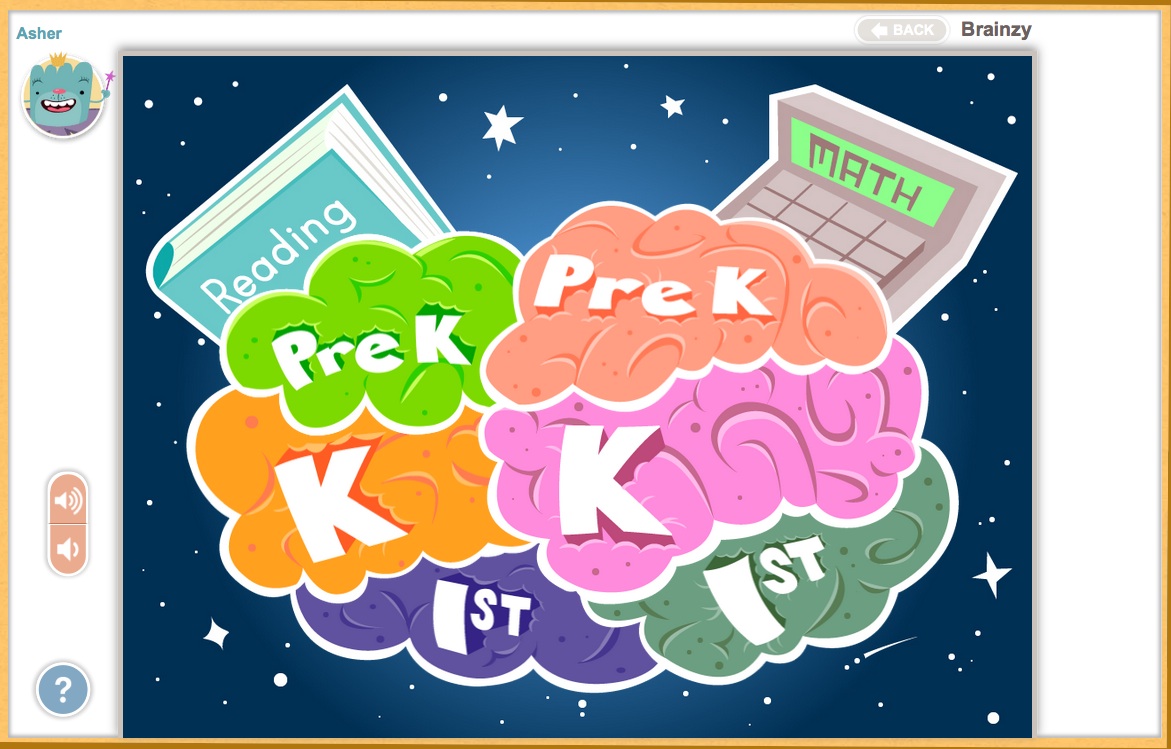
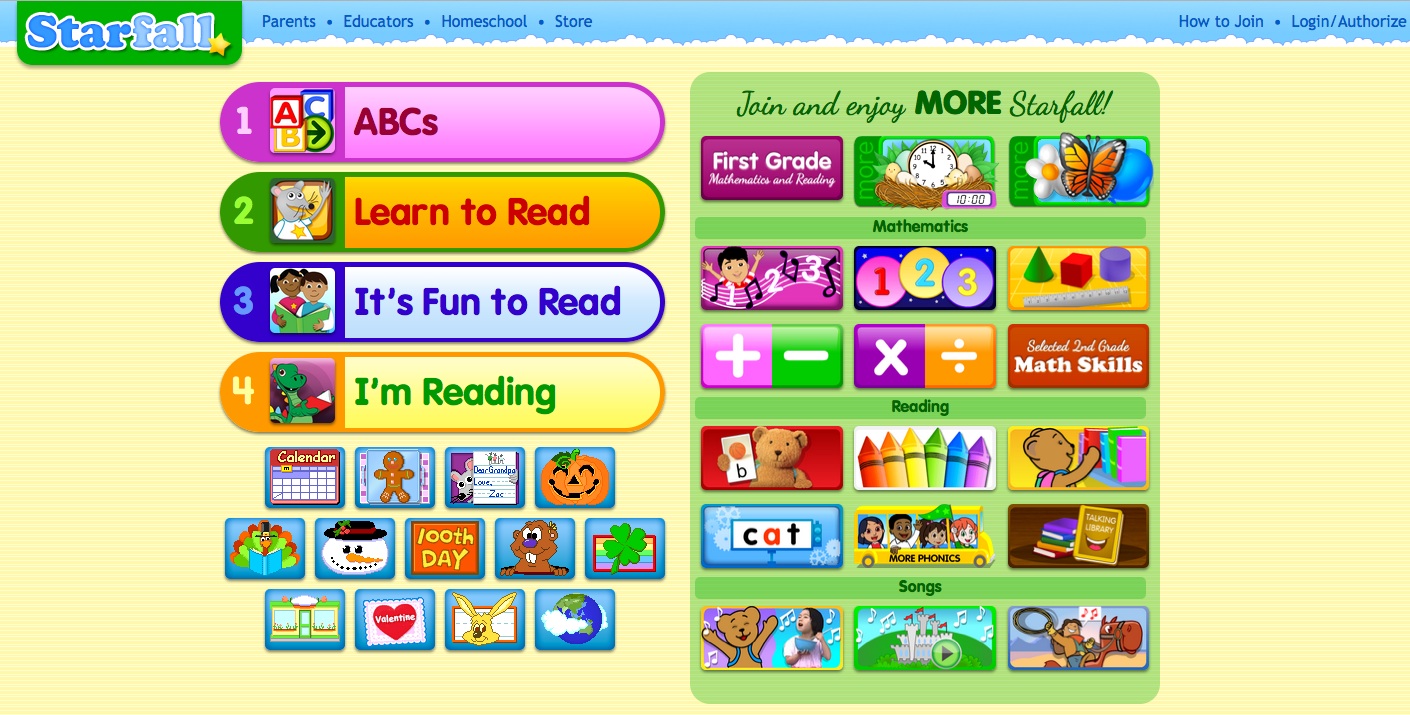


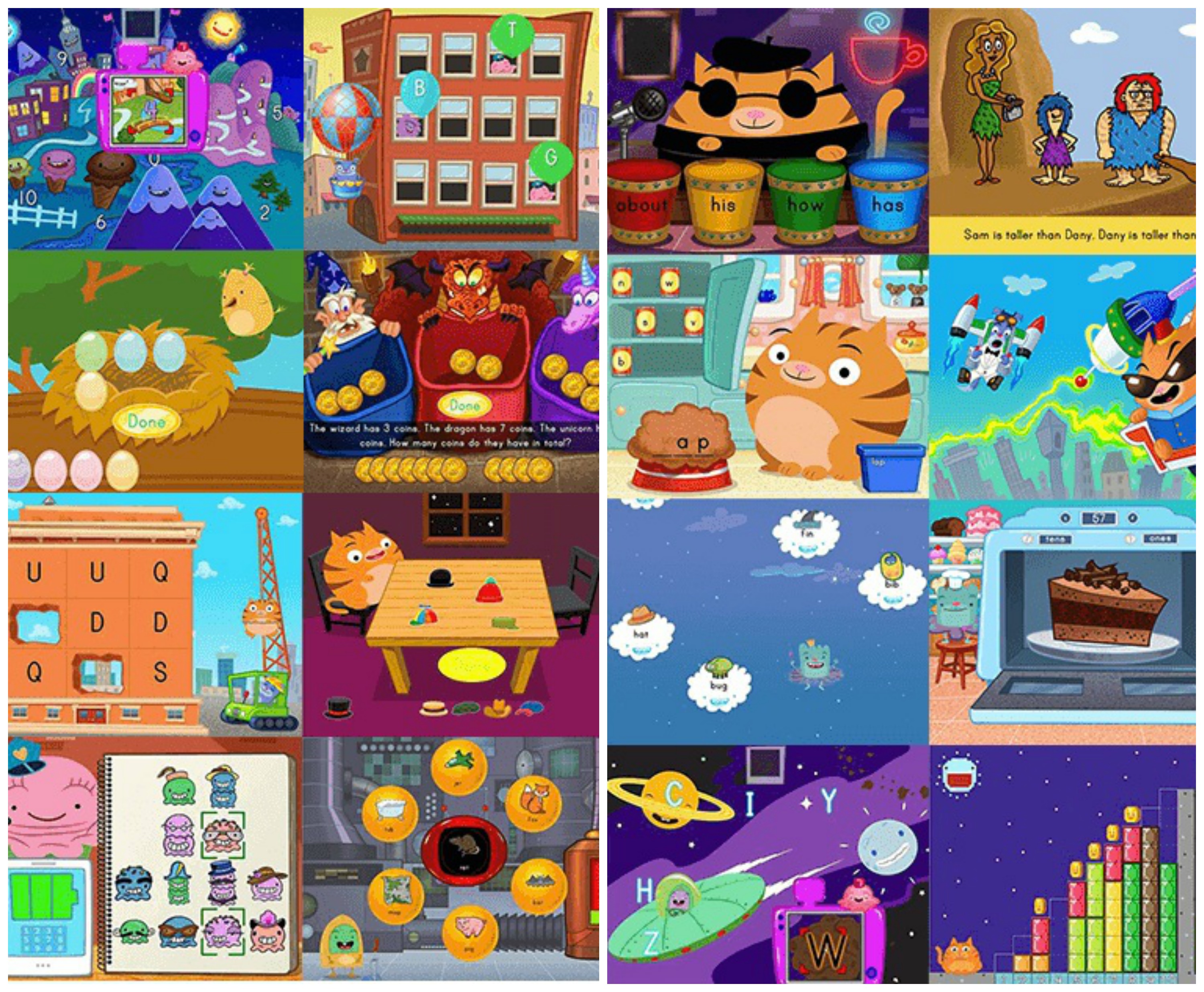
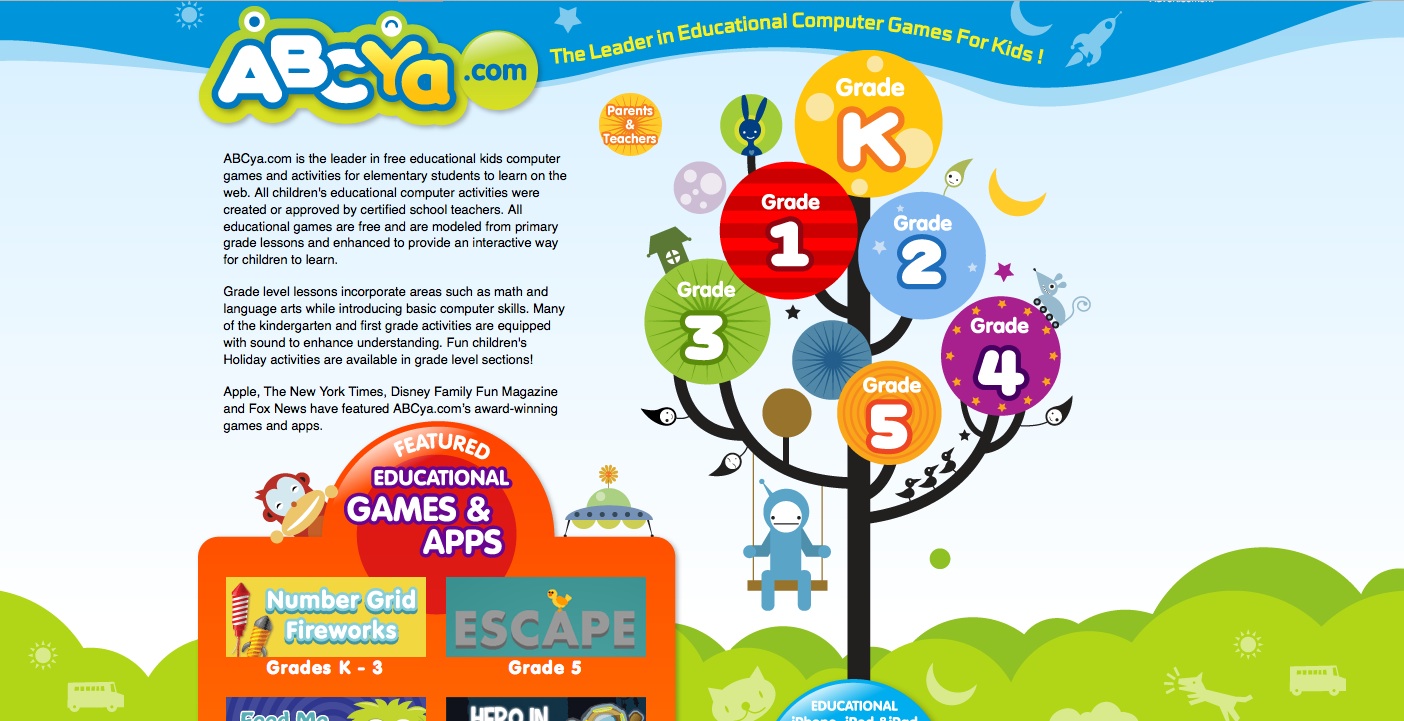
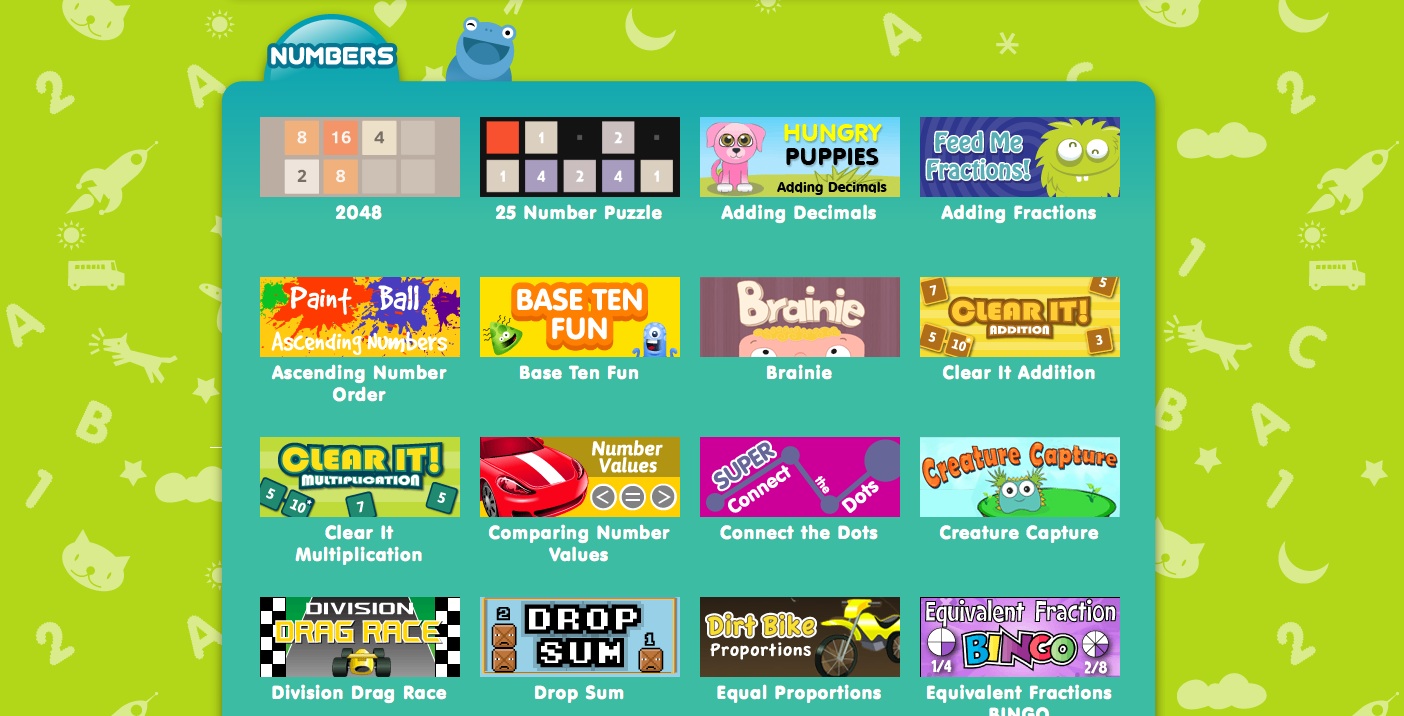
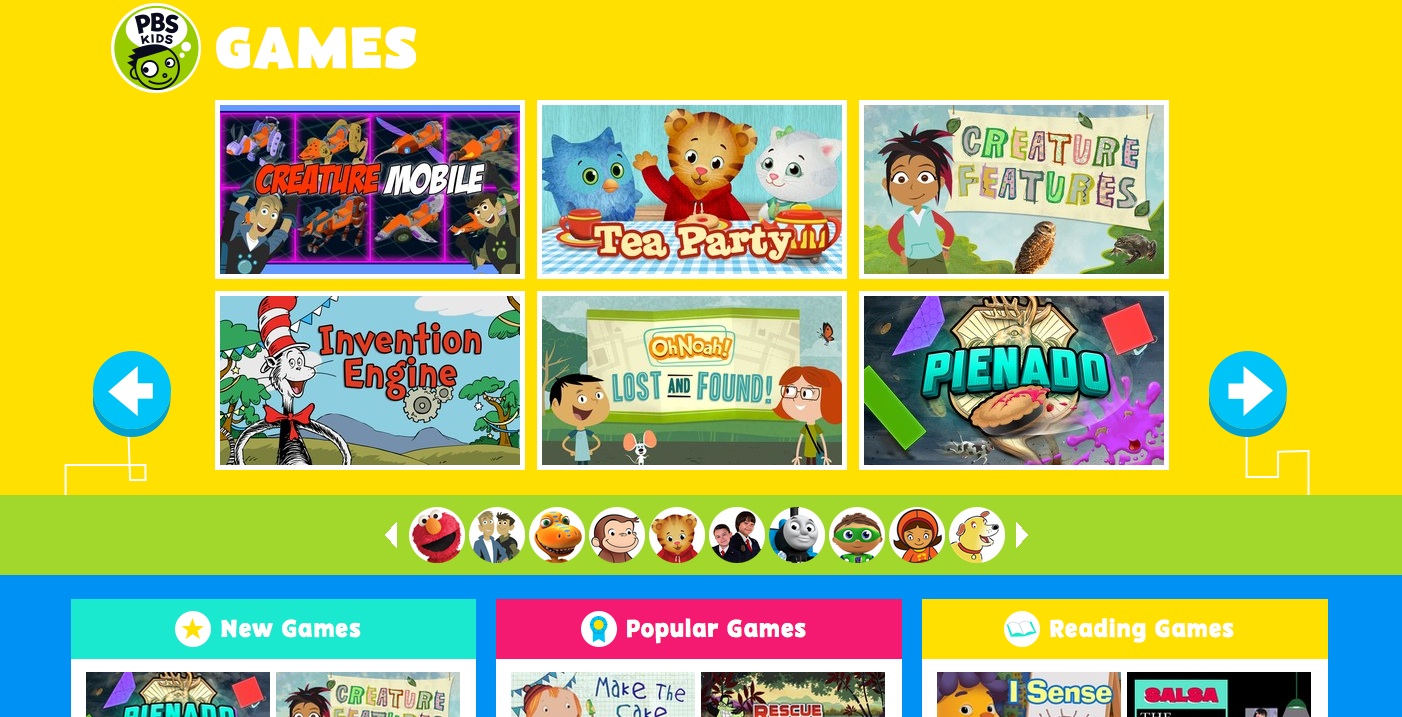
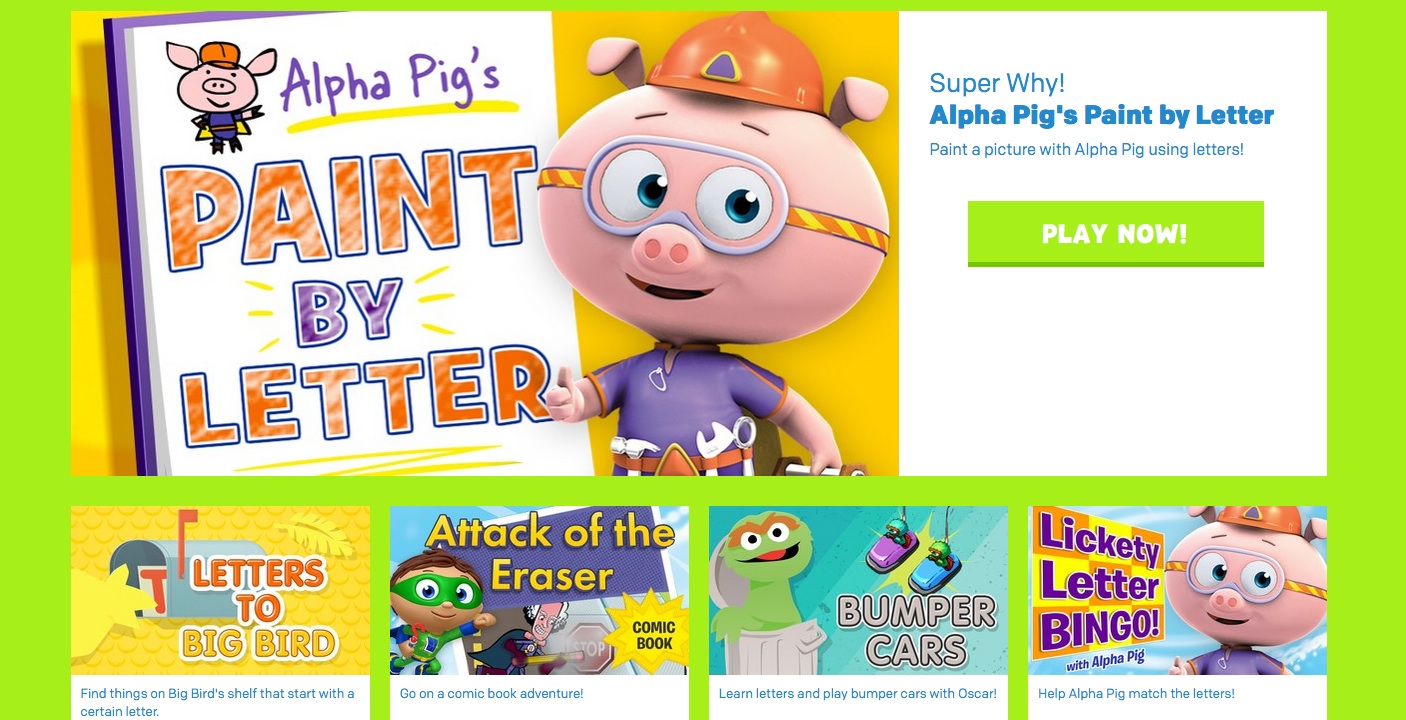
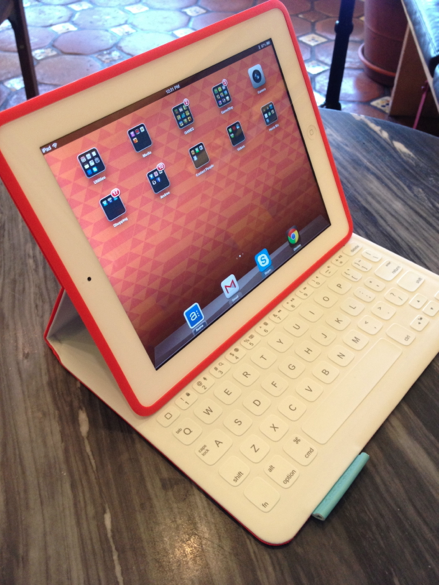

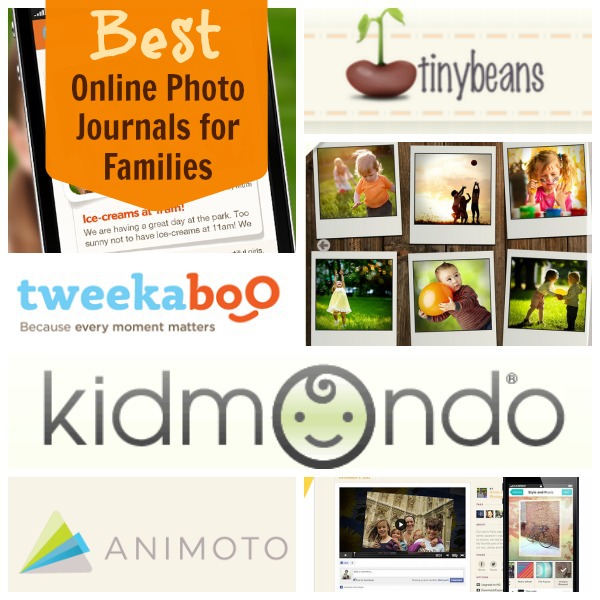


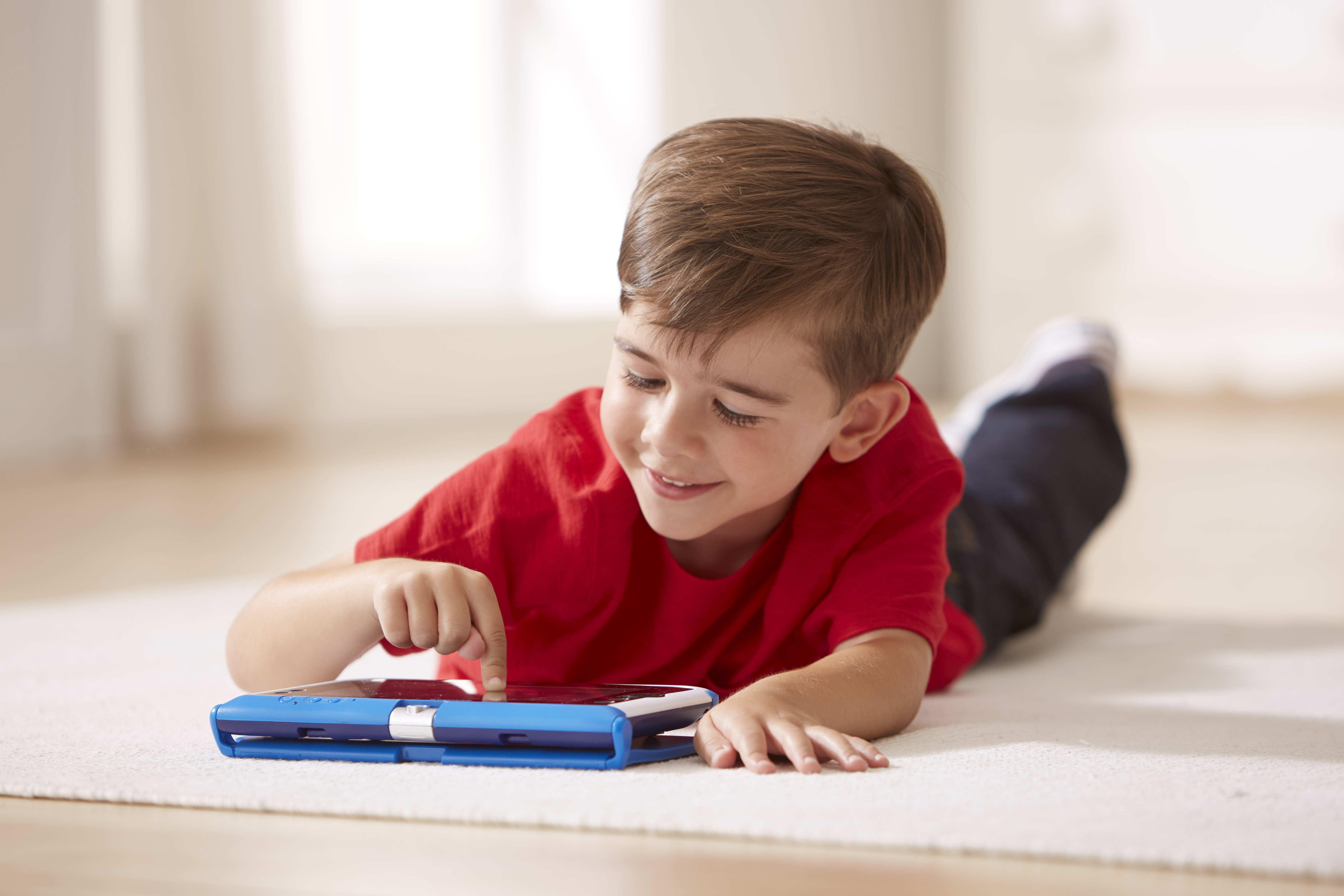
Comments
Do you use all of the pages? 🙂
Which is the best for children 3-9 years old, brainzy?
Yes! And yes, I think Brainzy would be your best bet for kids 3-9. You could try ABCYa, but it’s a bit more scattered than Brainzy. Pretty sure there is a free trial of Brainzy too so you can see if it’s a fit for your kids.